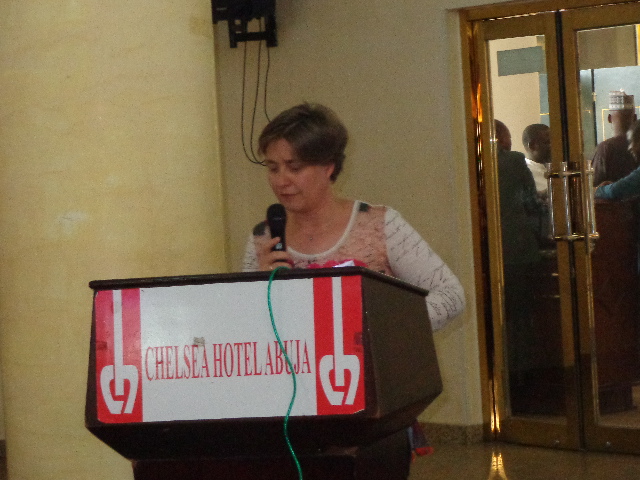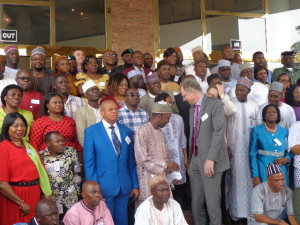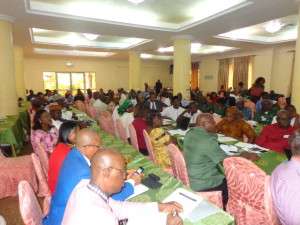Stakeholders in the Nigerian Agricultural sector has described as political rather than scientific a ban placed by the European Union on the exportation of Nigerian grown dried beans to the European Union countries.
It will be recalled that EU in June 2015 placed a 12 months ban on the exportation to all European Union countries Nigerian grown dried beans citing high levels of pesticides used in processing the beans before export which was said to be harmful to humans who were mainly Nigerians in the Diaspora.
The stakeholders who were speaking at a workshop organized by the EU Mission in Nigeria at the instance of EU-Netherlands at Abuja in support of the Nigerian Agricultural Quarantine Service (NAQS), National Agency for Food and Drug Administration and Control (NAFDAC), and other relevant Ministries and Department to address the problem observed that the observation was right in view of the fact that majority of beans growers and processors in Nigeria have observed international best practices.
They noted that most of the pesticides blamed for the degrading of the beans were imported from the EU Countries, wondering therefore, why the ban on Nigerian export of beans should be, when the same processing was used for the beans consumed in Nigeria.
The workshop which was coordinated in part by Dr. Vincent Isegbe, of the Nigerian Agricultural Quarantine Service (NAQS) threw up some issues regarding enlightening Nigerian farmers and people to international best practices, and the need to educate our large illiterate practitioners in local languages, by ensuring that inputs into agricultural and extension services really get to those who matter and not the “Abuja Farmers”.
A request was however made to the European Union to consistently train and build the capacity of farmers and extension workers in Nigeria such that it was cascaded to others along the chain adding that information about defaults in the processes should be made available to the Nigeria Agricultural Quarantine services in time to enable inspection and enforcement of requisite statutes.
The stakeholders therefore, urged the European Union to lift the ban, while concerted efforts were intensified to improve on the application of pesticides and other chemicals to ensure that International best practices are sustained even as this view was supported by the fact that there had not been any reported cases of consumers dying from the consumption of Nigerian beans locally or abroad.
Since the ban was placed in June 2015, it is expected that, arising from the consensus at the workshop, the ban which was for an initial period of 12 months will be lifted before mid 2016.
The National President, Association of Nigerian Licensed Customs Agents (ANLCA), Prince Olayiwola Shittu who led the delegation from ANLCA to the workshop brought a new understanding to participants as a vital link stakeholder to ensure the enforcement of the relevant trade conventions.
According to the Senior Special Assistant on Media to ANLCA National President, Mr. Joe Sanni,” The connection of the participation of the Customs Licensed brokers, is in the fact that these set of practitioners, who serve as an interface with the trading public, are empowered to implement Federal government import and export fiscal policies, while generating revenue for the Federal Government of Nigeria”.
It is expected that future workshop will be taken nearer to the farmers or to the grassroots, rather than it being held in Abuja, or cities that are expensive and inaccessible to the real farmers.
Send your news, press releases/articles to info@primetimereporters.com. Also, follow us on Twitter @reportersinfo and on Facebook at facebook.com/primetimereporters or call the editor on 07030661526.



